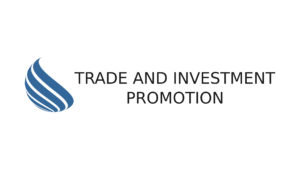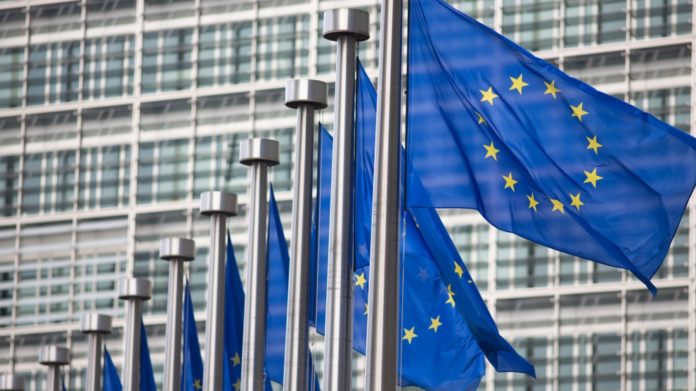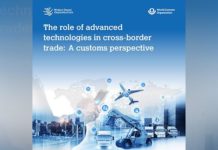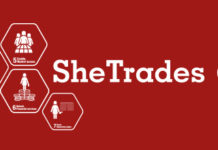The European Commission has launched the Access2Markets online portal to help small and medium-sized firms trade beyond the EU’s borders
The new portal responds to requests from stakeholders to better explain trade agreements and help companies ensure their products are eligible for duty discounts. It will serve both companies that already trade internationally and those that are only starting to explore opportunities in foreign markets.
The new portal was presented on October 13, 2020 at a high-level, virtual event, ‘The road to recovery – empowering small businesses to trade internationally‘, hosted by Commission Executive Vice-President Valdis Dombrovskis and attended by some 600 representatives of small and medium-sized companies.
Executive Vice-President Valdis Dombrovskis said: “We need to help our companies, in particular our SMEs, to derive maximum benefit from our trade agreements. This is why we have created this new portal to help our smaller companies navigate the world of international trade. This one-stop-shop will help European firms to make the most of the EU’s network of trade agreements and get the best access to the markets, products and inputs they need to grow and to stay competitive.”
The European Union has a large network of trade agreements with over 70 countries and regions
Access2Markets breaks this complex set of rules down into practical information so that smaller firms can have access to relevant information more easily. Concretely, Access2Markets delivers the trading conditions to import goods to the EU and to export goods to over 120 foreign markets.
Small businesses represent 88% of all EU exporters. Their exports account for one third of all EU exports and support 13 million jobs. Global markets are an important source of growth for European small and medium-sized companies. Paying particular attention to small businesses in the economic recovery from the coronavirus pandemic is therefore essential.
The portal allows companies to look up the following details for imported and exported goods, in just a few clicks:
- Tariffs
- Taxes
- Rules of origin
- Product requirements
- Customs procedures
- Trade barriers
- Trade flow statistics
Source/Image Credit: European Commission





